What’s the inspiration behind myUDAAN?
I was diagnosed with post-polio paralysis (paraplegic) when I was just eight months old. Because of my disability, my mother struggled to get me admitted into school but she always thought that getting an education would help me rise above disability. I still remember how my father used to carry me to school every day, even at 15 years old. As a kid, I always knew that he would be by my side but now that I'm an adult, I think differently.
Then in college, my friend Rohit would take me on his bicycle to attend my classes. He always used to pick me up and drop me off and later on would take me for job interviews. Although I've been fortunate to have such great friends and family, there are other persons with disabilities who suffer from society's shortcomings. Some of these challenges are traveling, using public toilets, elevators, transport, or using ATMs.
During a trip with my family to the Statue of Unity, I was looking for a wheelchair but the only wheelchair available had been reserved for a VIP. After waiting for hours, we got it but my wife had to push me while I held our baby. This incident was the trigger for me to think out of the box and ask why was it still so hard to be mobile and independent? This was the start of an idea for an on-demand assistance service where people can book wheelchair assistants (like an Uber).
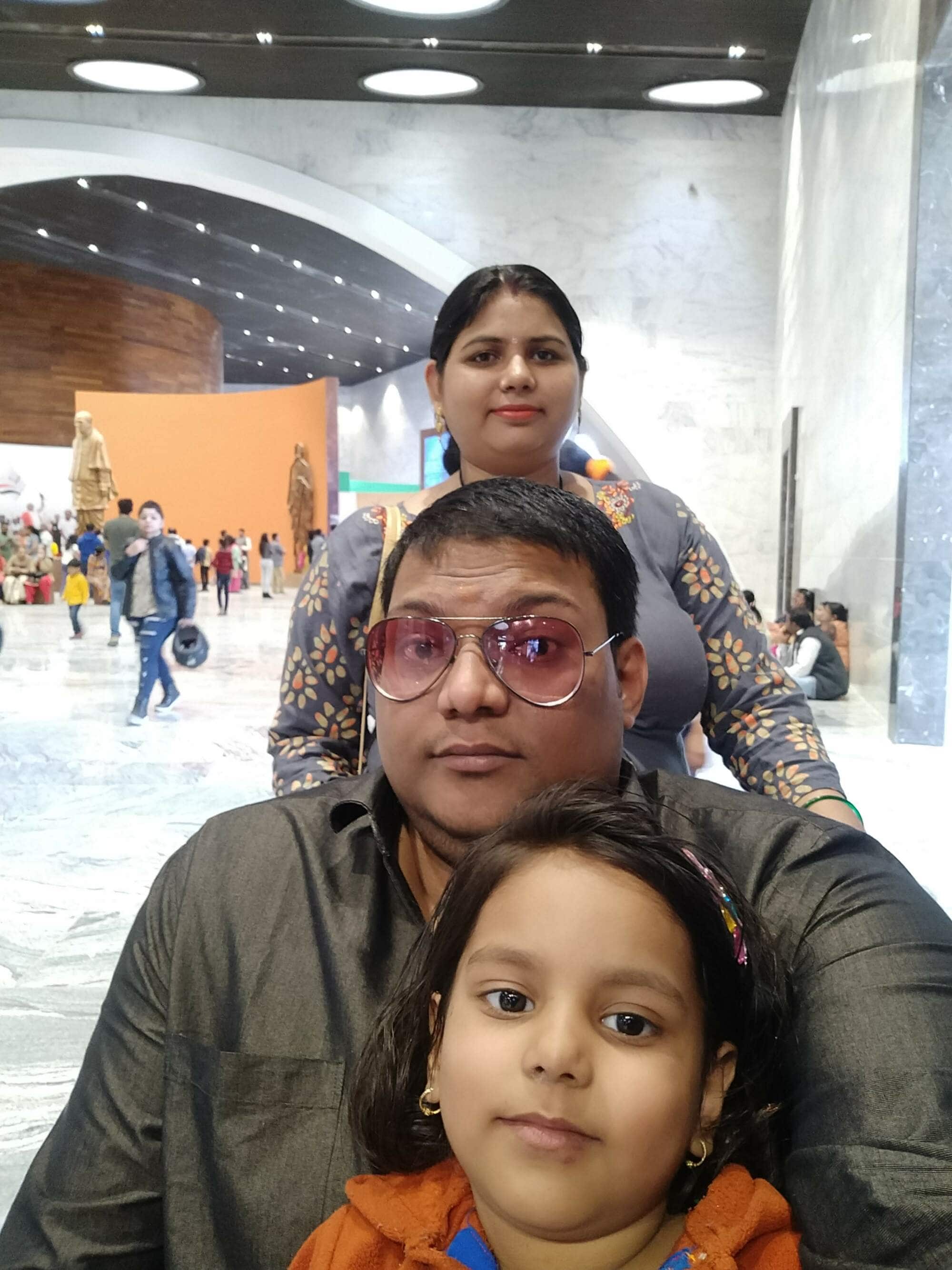 A photo of that fateful trip to the Statue of Unity with Ravindra's familyWhy did you decide to start a social impact organization?
A photo of that fateful trip to the Statue of Unity with Ravindra's familyWhy did you decide to start a social impact organization?
I believe that disability is a human rights issue. People can be disabled not only by their bodies, but also by society. My disability restricted me from going out—this made me feel helpless and that I was stuck, not growing as a person. One day I stumbled upon hand-driven cars while surfing the web and it gave me the idea to modify my own vehicle to fit my needs.
This helped me realize that if I gained mobility and freedom, then other people could benefit from it too. I thought that if I could order food, taxi, movies, and TV shows with an app, I could also be able to access mobility assistance.
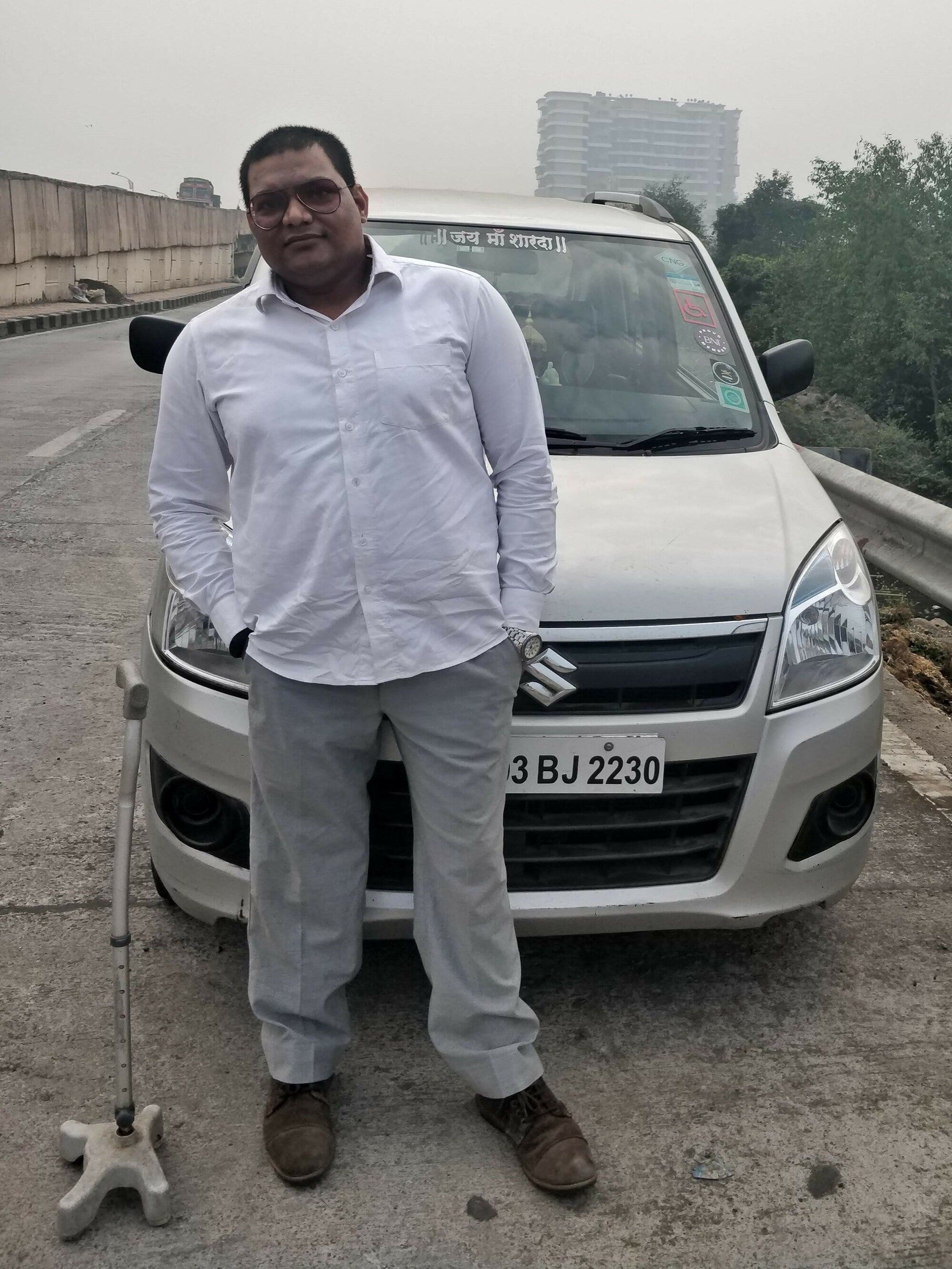 Ravindra standing in front of his modified vehicle
Ravindra standing in front of his modified vehicle
How did you meet your co-founder? How do you work together?
Anil Pereira and I have known each other since 2008. He was my boss and we worked together at Network 18. In 2011, I started my digital marketing venture and we were in constant touch throughout. When founding myUDAAN, I realized that I would need a solid team to grow, so I convinced Anil to join as a co-founder.
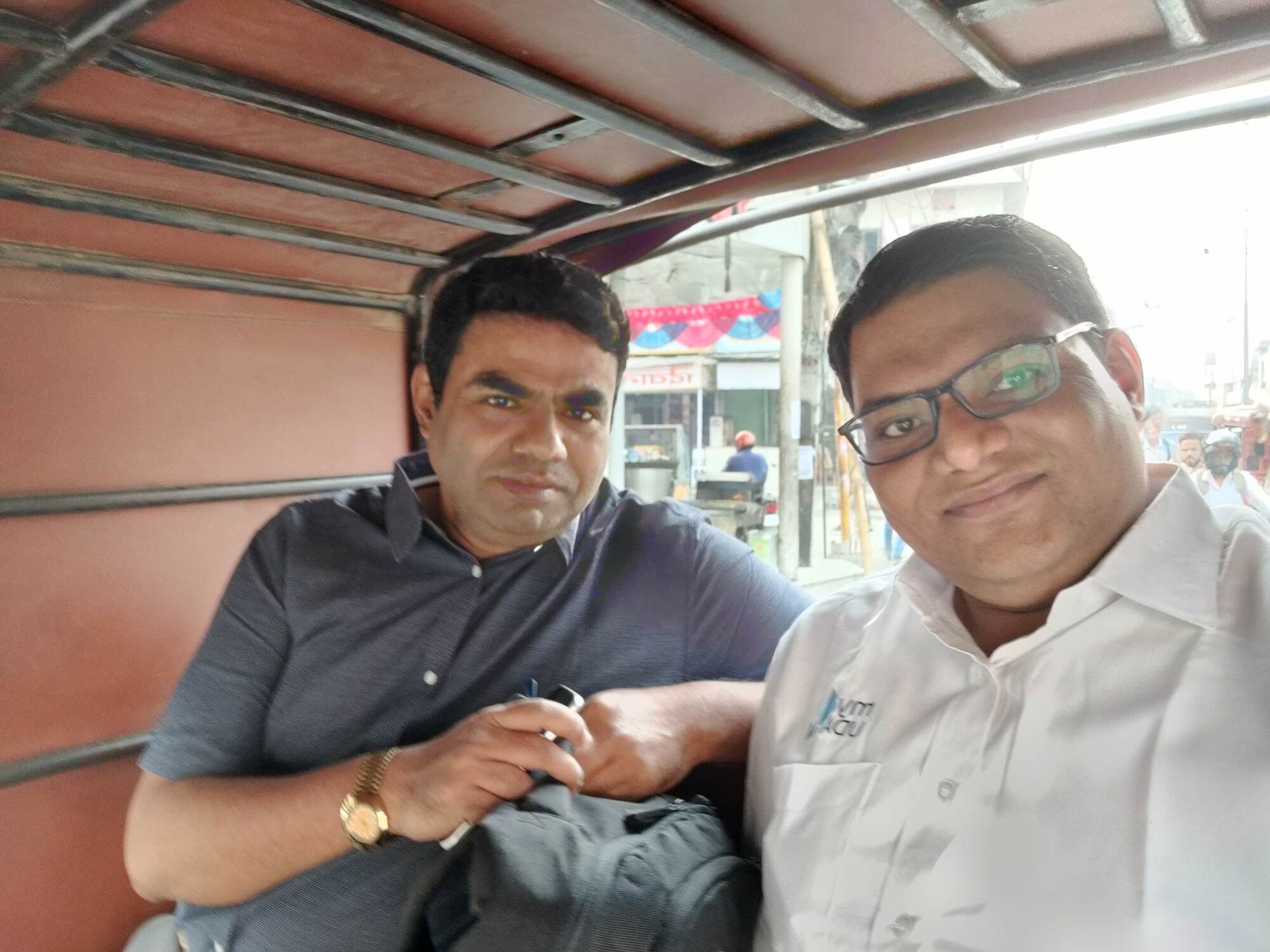 myUDAAN founders Anil and Ravindra
myUDAAN founders Anil and Ravindra
Have you learned anything new or surprising about yourself through this process?
If I were to name one, I would say I've learned that it's all about having a real vision that creates value. Once you have that, you can bring that vision to reality with a business approach.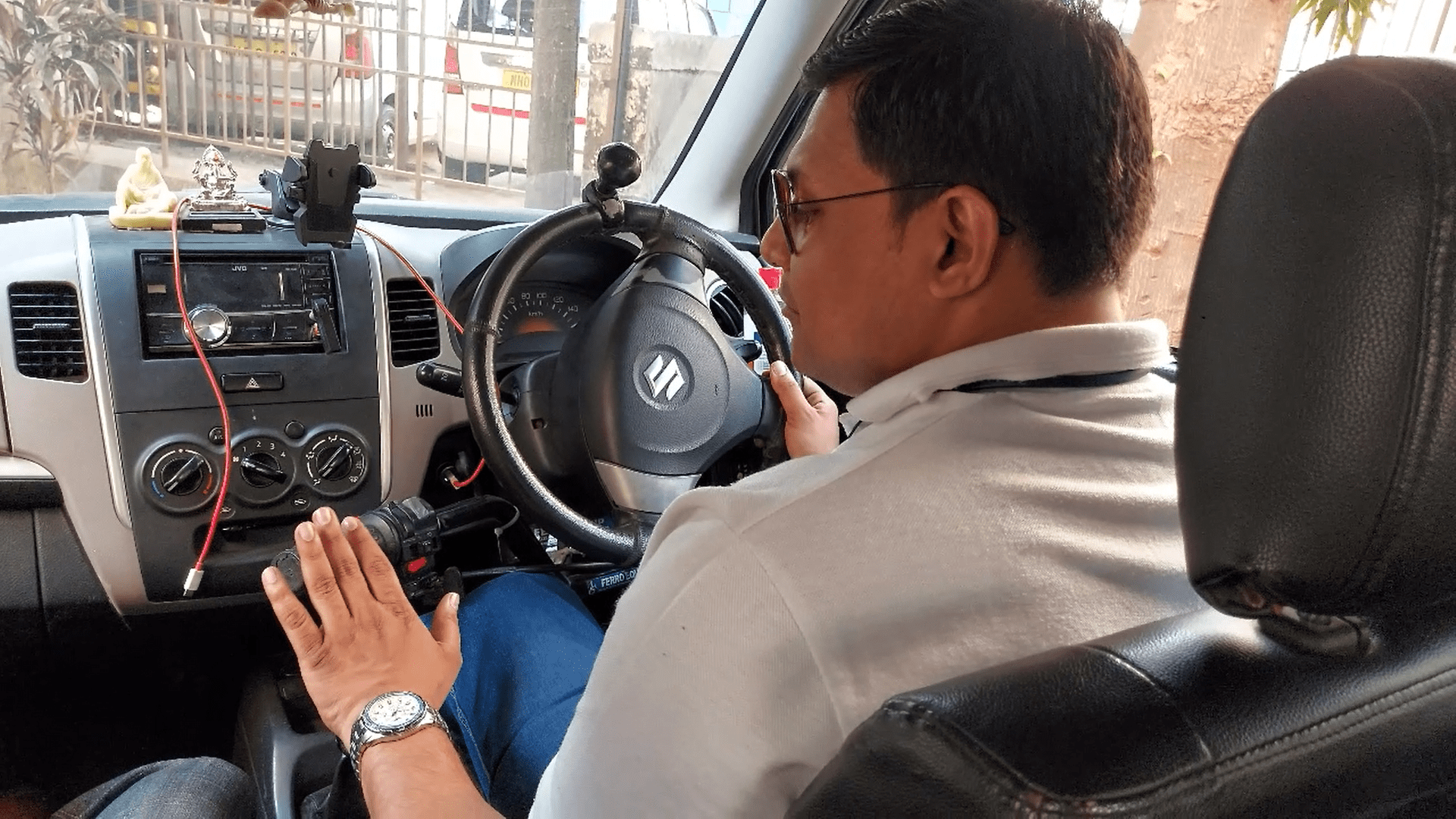 A photo of Ravindra demonstrating his modified hand-driven car
A photo of Ravindra demonstrating his modified hand-driven car
Why did you decide to raise from the crowd?
The number one reason is to learn from the wisdom of the crowd. I believe ignoring the crowd's wisdom is the main reason why most startups fail to turn themselves into a profitable and sustainable business. Also, the current state of VC funding is very narrowly focused and isolated from the assistive technology space.
What’s your team culture like?
As individuals, we want to do good. As a business, our startup values dignity and freedom. These values are important to us, and we want to reflect that to society in all that we do.
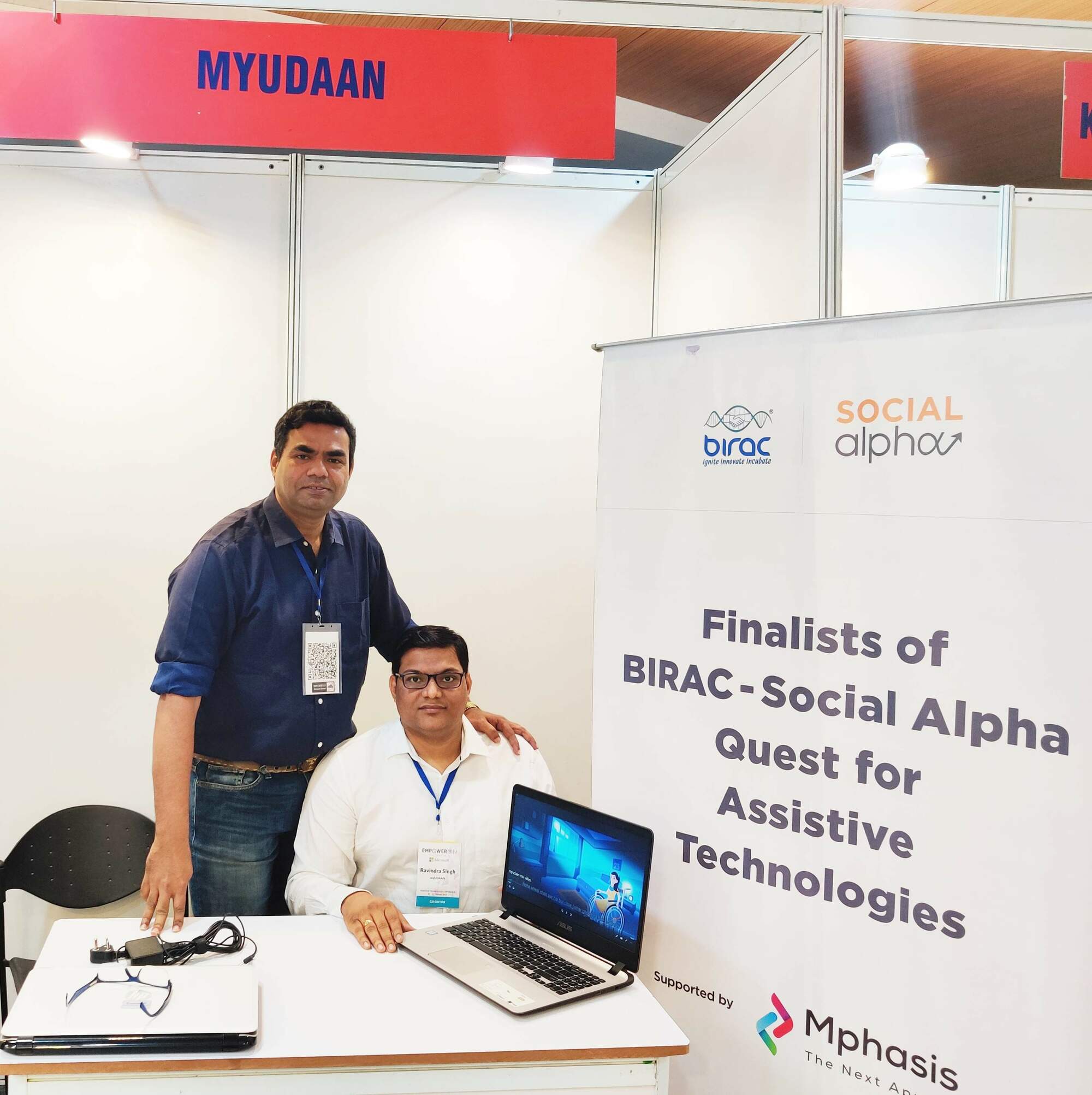 Ravindra pitching myUDAAN at the startup competition supported by Mphasis
Ravindra pitching myUDAAN at the startup competition supported by Mphasis
What is your superpower?
Every task I do daily requires some thought and adjustment to ensure success. I now respect and accept that my disability actually provided me with the ability to succeed in life. I wouldn’t have acquired the same skills otherwise. My superpowers are persistence, patience and the ability to keep going no matter what. I try to see the silver lining in every situation.
I now respect and accept that my disability actually provided me with the ability to succeed in life. I wouldn’t have acquired the same skills otherwise.
If you could give yourself one piece of advice 5 years ago, what would it be?
"Just do whatever your father says."
I should have taken my father's sayings seriously and followed them. He envisioned me walking without crutches and becoming more independent – I have progressed from two crutches to one walker today. Looking back, it would have helped me cope with my disability if I believed in him earlier. My parents were not educated, but they never gave up on me.
Do you have a(ny) mentor(s)? If so, what have they taught you?
Yes, I am fortunate to have my mentor as my partner/cofounder. Learning is a continuous process, and I keep learning from him daily.
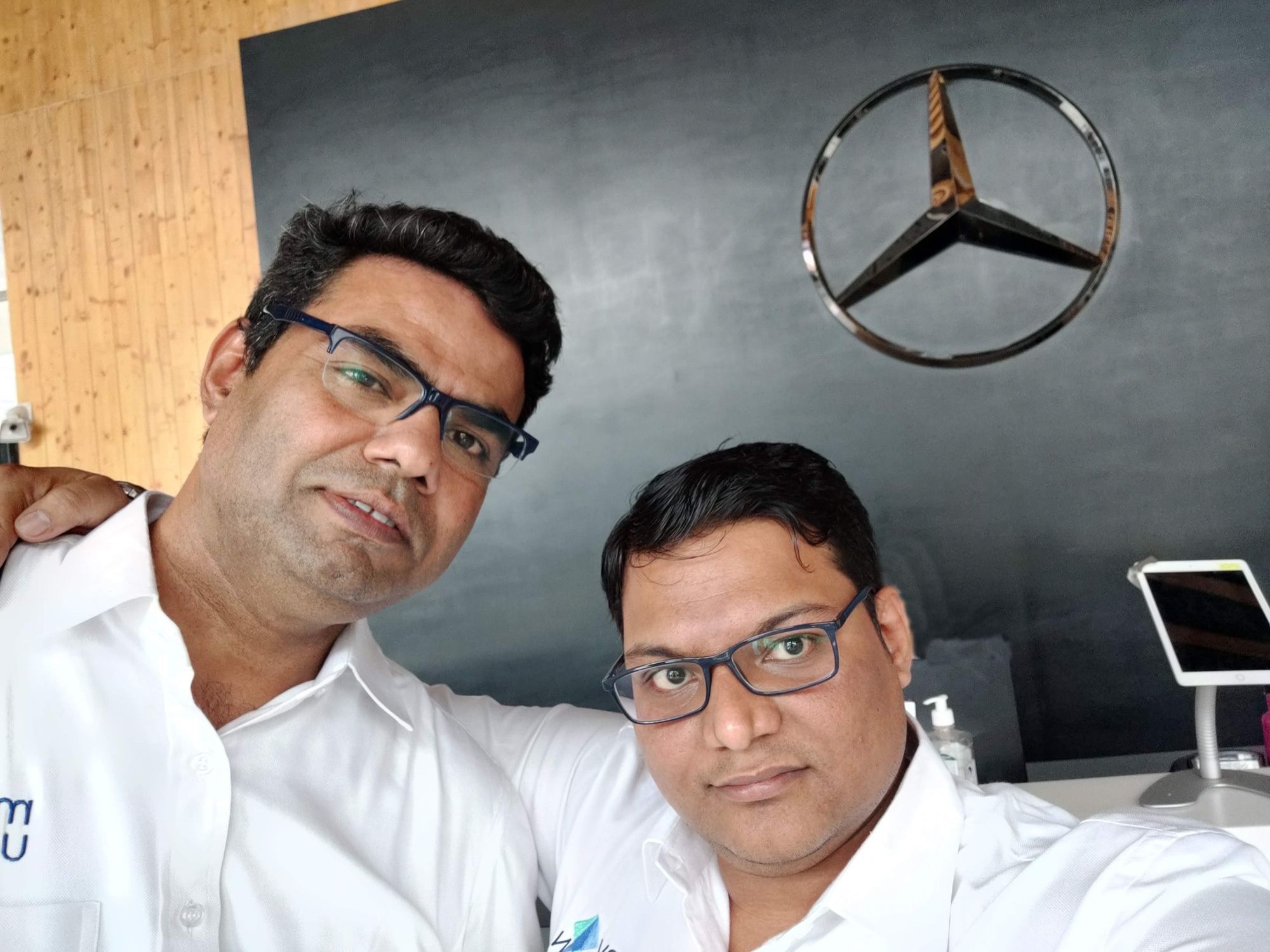 Ravindra with his co-founder, ex-boss and mentor, Anil
Ravindra with his co-founder, ex-boss and mentor, Anil
Any advice or support you’d like to offer others with disabilities looking to found their own companies?
One should not hesitate to come up with new ideas for a better society. Never settle with your problems. There will always be setbacks—try to overcome them. Remember, there are many ways to serve humankind. Also, surround yourself with the right people; this is the most critical step in founding a company.
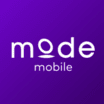


 Oops! We couldn’t find any results...
Oops! We couldn’t find any results...





